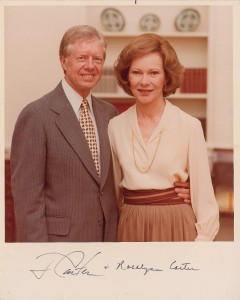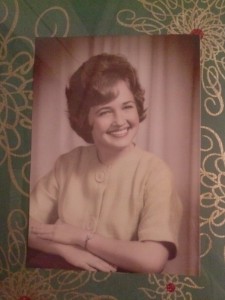True Populism
The essay will appear in the April 3, 2016 edition of the Durham Herald-Sun. ‘Where to Invade Next’ is showing at the Carolina Theatre this weekend. Check here for showtimes.
The drill team at my high school in West Texas made some unorthodox song choices for routines. One of them was “Crazy Train” by former Black Sabbath vocalist Ozzy Osbourne. This song has been going through my head during election season. Songwriters Robert Daisley and Randall Rhoads penned: “Crazy, but that’s how it goes, millions of people living as foes. Maybe, it’s not too late, to learn how to love, and forget how to hate.” They go on to name that “heirs of the cold war” are vulnerable to media messaging that keeps people living as foes: “The media sells it, and you live the role.”
I was recently back in Texas for a wedding. A recurring loop was “No Politics!” One patriarch advised, only half-jokingly, if a conversation starts drifting that direction, interject “How about them Cowboys?” A cousin told my daughter, “Whatever you do, don’t name the one who shall not be named.” Waiting to disembark on the flight home, one hapless neighbor said something about Sarah Palin, and people visibly winced, anticipating an old fight was on. This instant-argument, divide and conquer mess now has a name. The term is “dog-whistle politics.” Keep people living as foes by crafting a figure so divisive we cannot discuss politics with the people we are supposed to love. “The media sells it, and you live the role.” When we cannot discuss our shared future with relatives, something is wrong. Afraid to seem uncivil, or erudite, or backward, or radical, or misinformed, or snooty, we stick to talking about recipes or sports. Some might sweep this into an indictment of “political correctness,” but it is a form of political manipulation. We shout at one another on social media but stay silent when together. This is a crazy train.
True populism requires that people who need to work for a living (meaning, like, all of us) actually talk to one another about what we are experiencing as we work or look for work. For starters, try this: “Name a time when you stood up for yourself at work,” or “Name a time when you stood up for a co-worker.” “Populism” is a phrase political pundits are now using to sort you and me – that is, the populace – and their words are worse than a poor substitute for actual, political conversation with neighbors. Their words are an insulting distraction. The talking heads amplified on media and social media further divide and silence people who need one another to reverse this second great depression.
Here are two examples of insulting distraction. Assessing support for the one who shall not be named, an ostensibly “conservative” media outlet called “National Review” ran these words: “Even the economic changes of the past few decades do very little to explain the dysfunction and negligence – and the incomprehensible malice – of poor white America.” The writer continues “The truth about these dysfunctional, downscale communities is that they deserve to die.” The writer recommends people leave the towns where they grew up and get a U-Haul (with what extra income, I am not sure) to go somewhere else. This is a hateful, unapologetic form of social-Darwinism. If you cannot afford to leave home, you deserve to die. Another widely-circulated assessment of “populism” from a supposedly “liberal” source was Gloria Steinem’s suggestion that young women prefer a labor advocate from Vermont over a hawkish, free-trade opponent because “When you’re young, you’re thinking: ‘Where are the boys?’” Steinem actually said that. In both cases, ways that working people are genuinely struggling to find traction are dismissed as besotted. Either you’re clinging to a past best thrown in the trash or you’re hoping to date a hipster. What if people privy to these dog-whistles talk to each other? What if we get off the crazy train and remember, if not how to love, then at least how to work together?
This essay will appear on Sunday, April 3. I recommend we each bring a neighbor to see “Where to Invade Next” at the Carolina Theatre in Durham. A reviewer named Jon Schwarz writes about the main message of this movie: “You and I aren’t bad. All the people around us aren’t bad . . . If regular people get control over their own lives, they’ll use it wisely rather than burning the country down in a festival of mindless debauchery . . . [the movie] is all the more powerful because it doesn’t tell you this, it simply shows you. It’s not speculation about how human nature will be transformed after the revolution so we’ll all be happy to share our ration of grass soup with The People. It’s all happening right now, with imperfect human beings just like us.” As Ozzy sings, “it’s not too late.”



